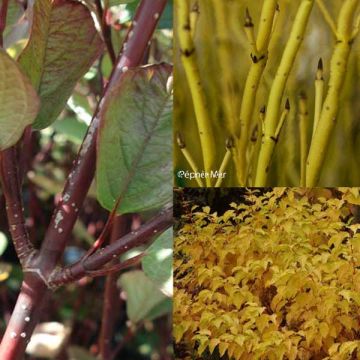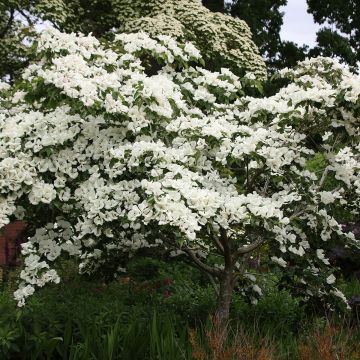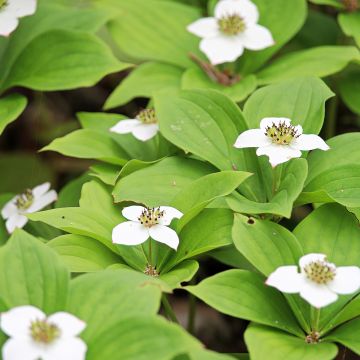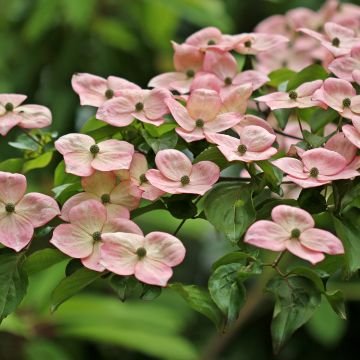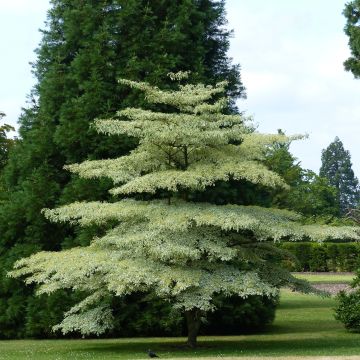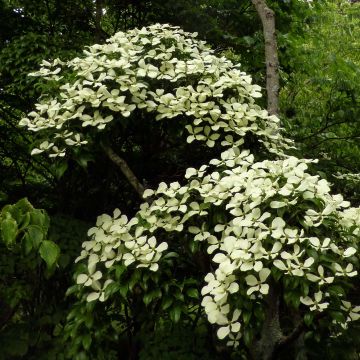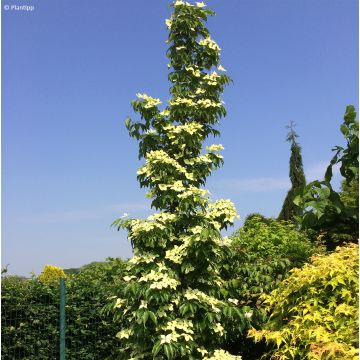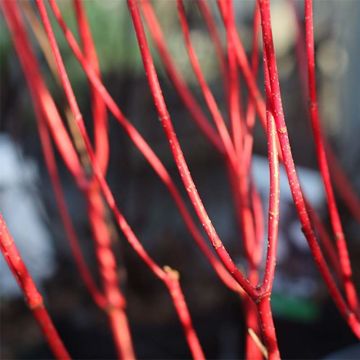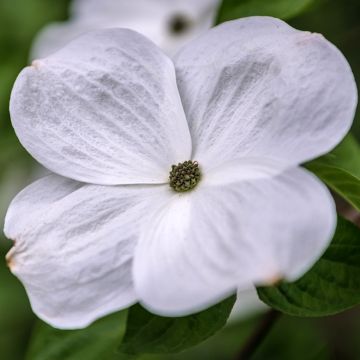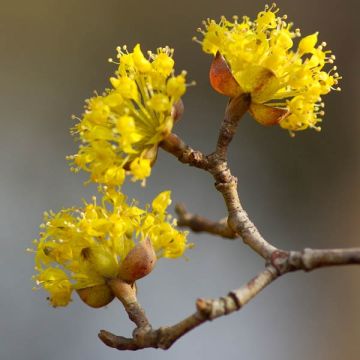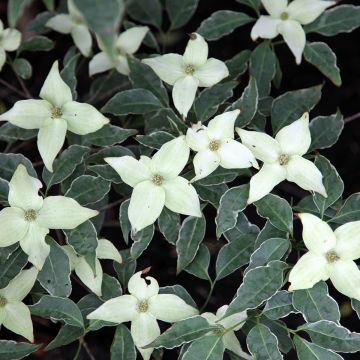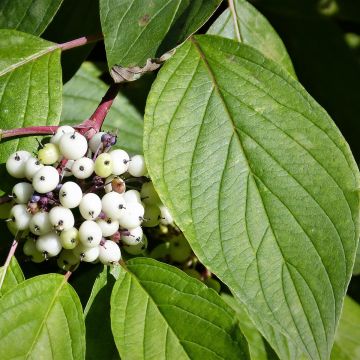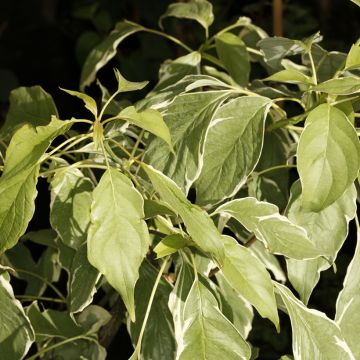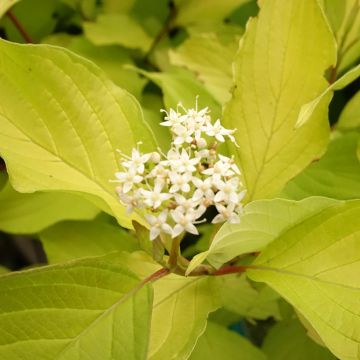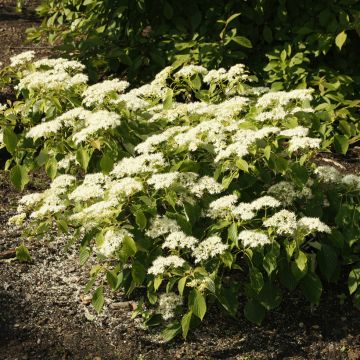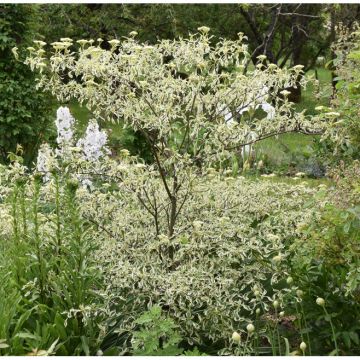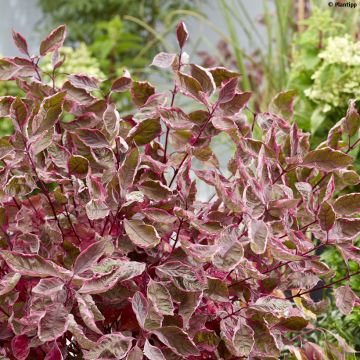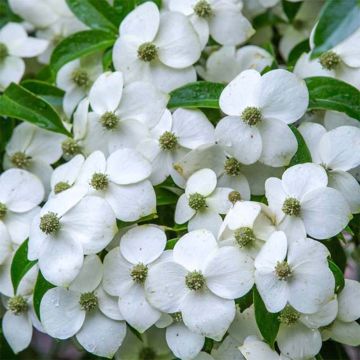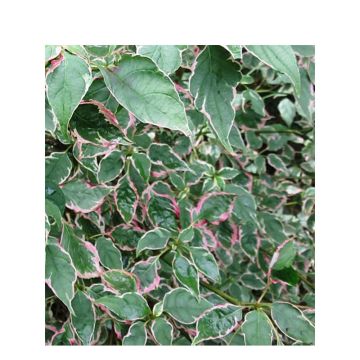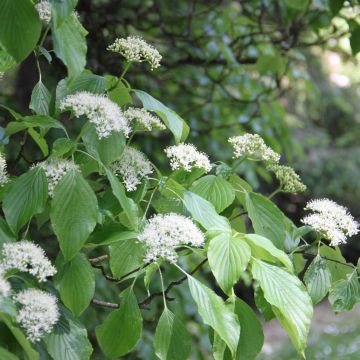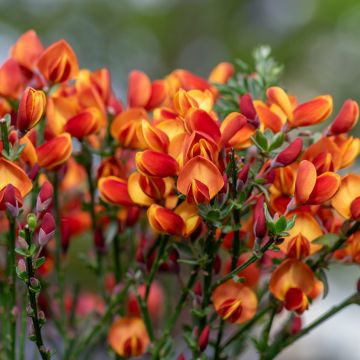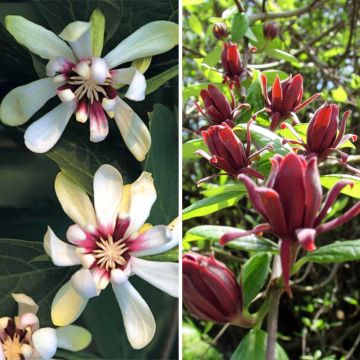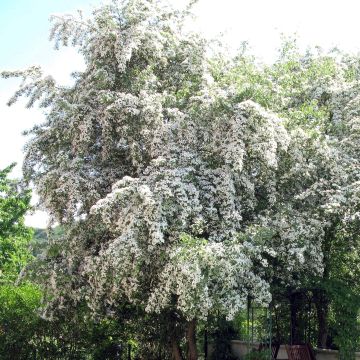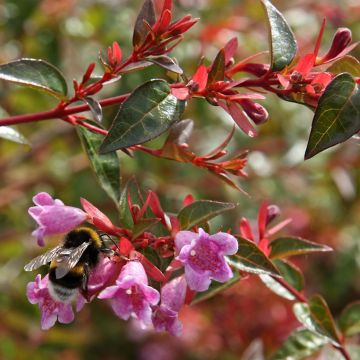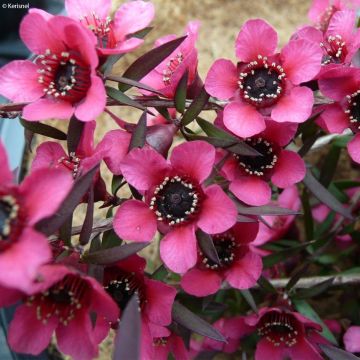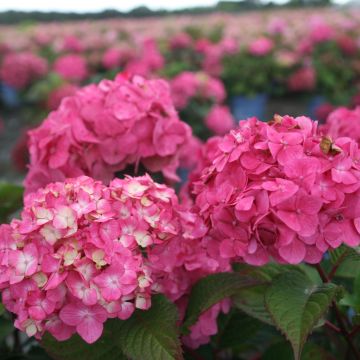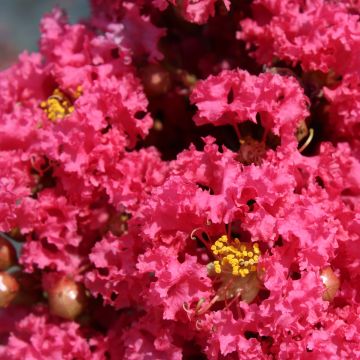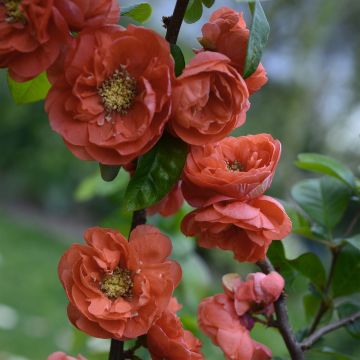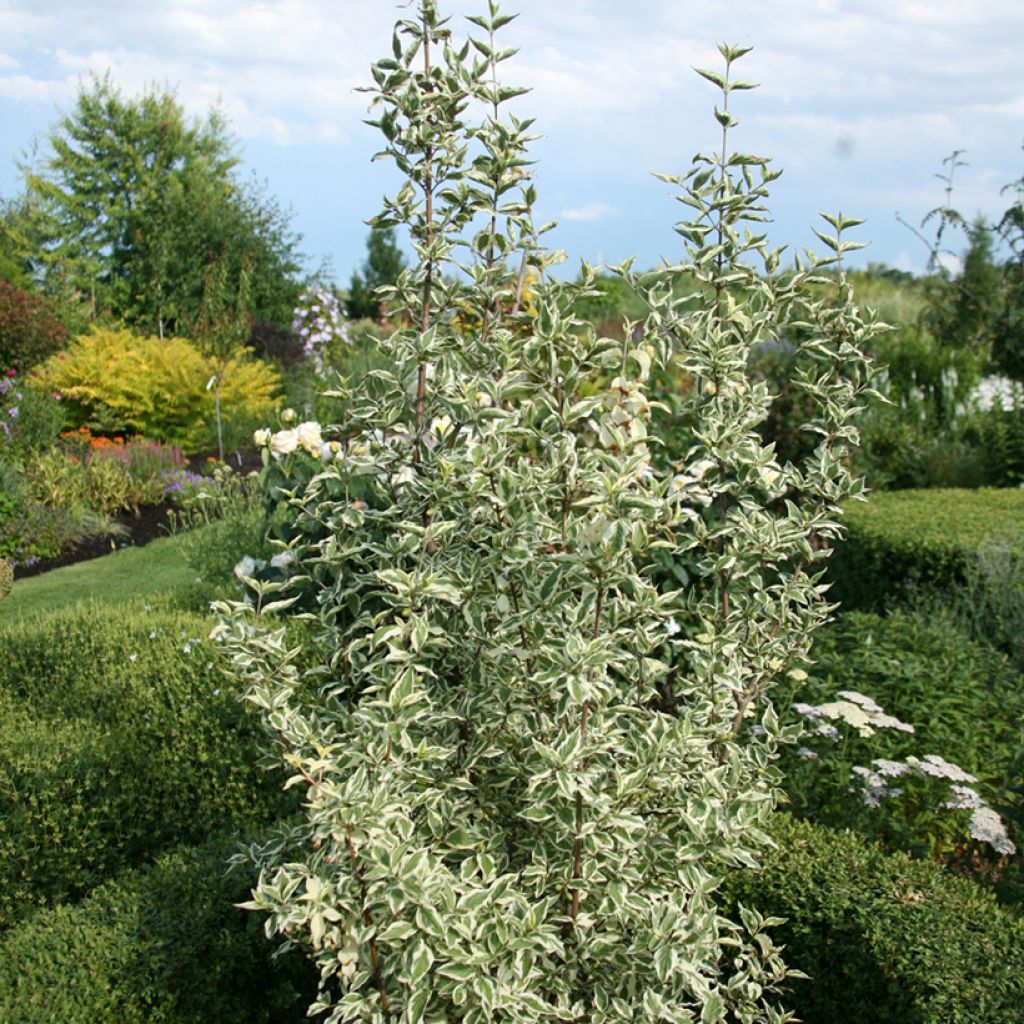

Cornus mas Variegata
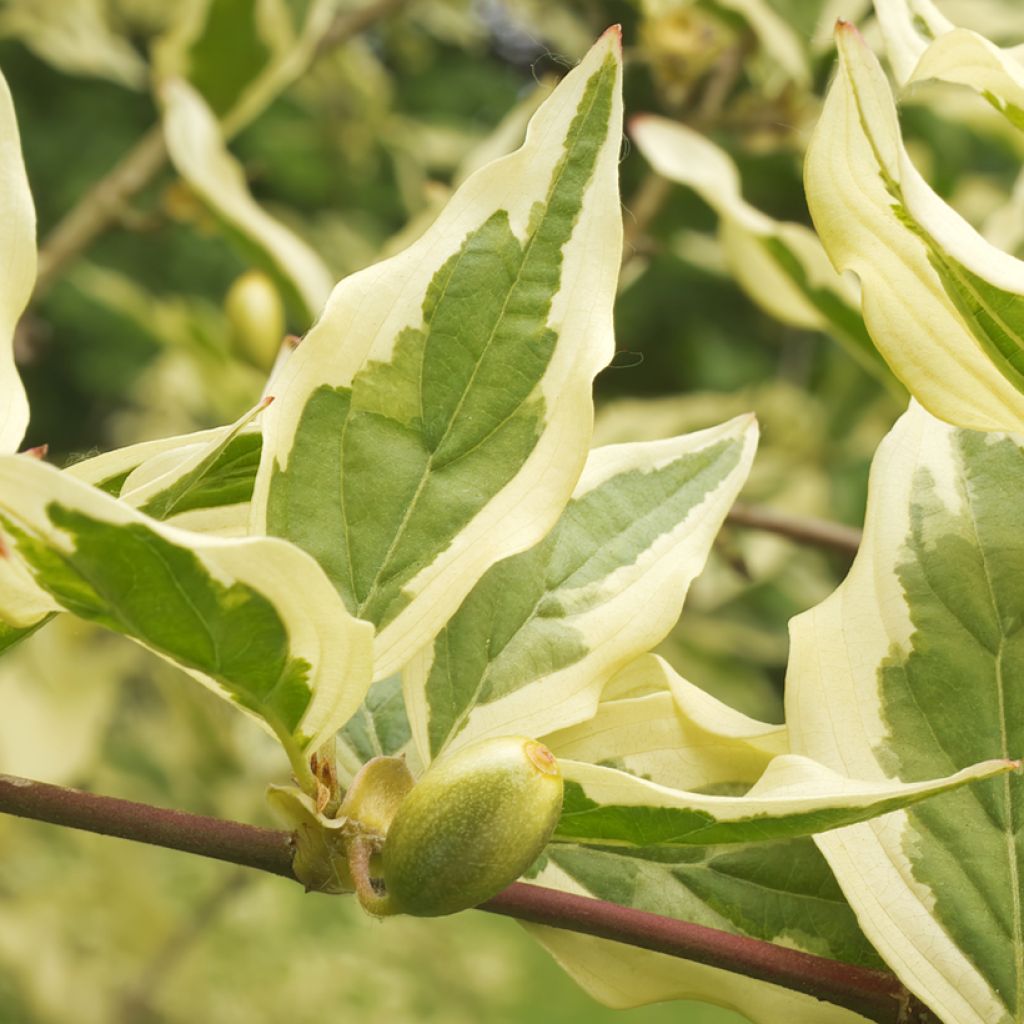

Cornus mas Variegata
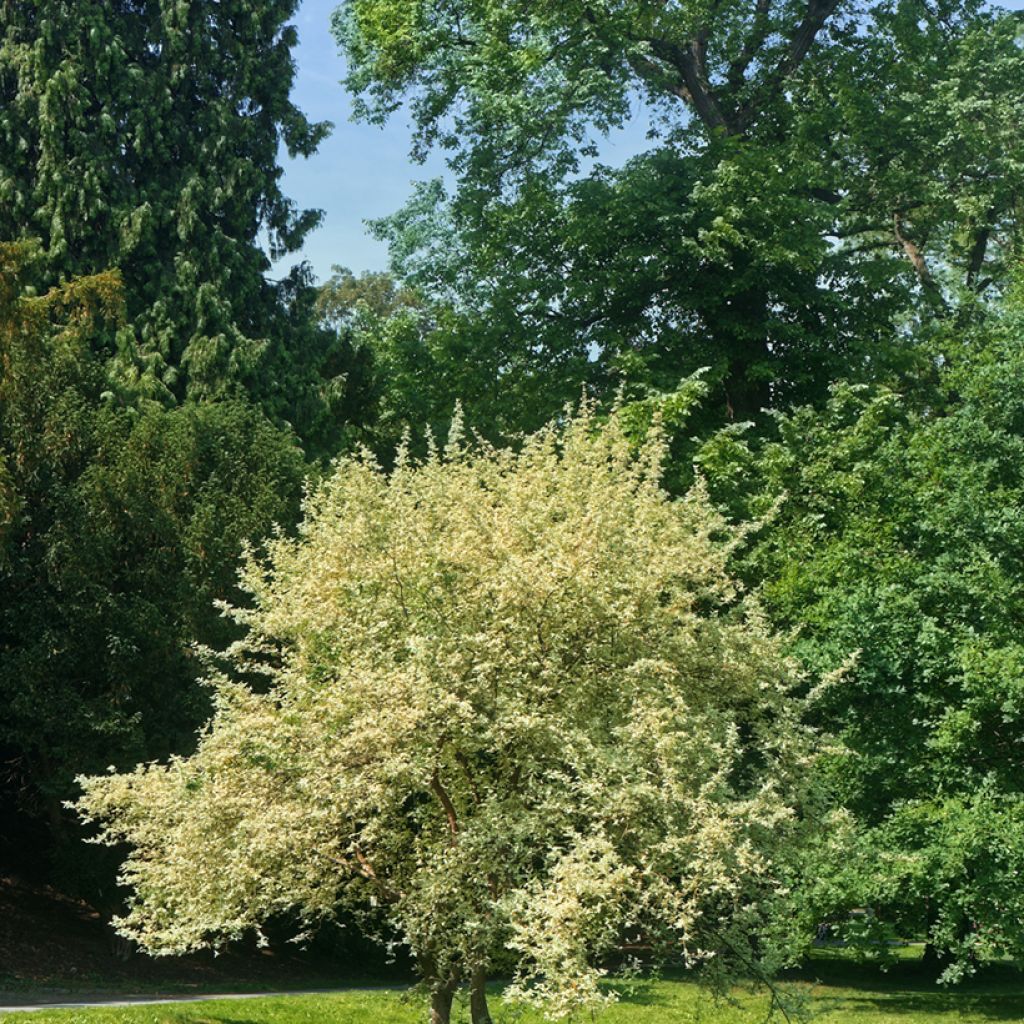

Cornus mas Variegata
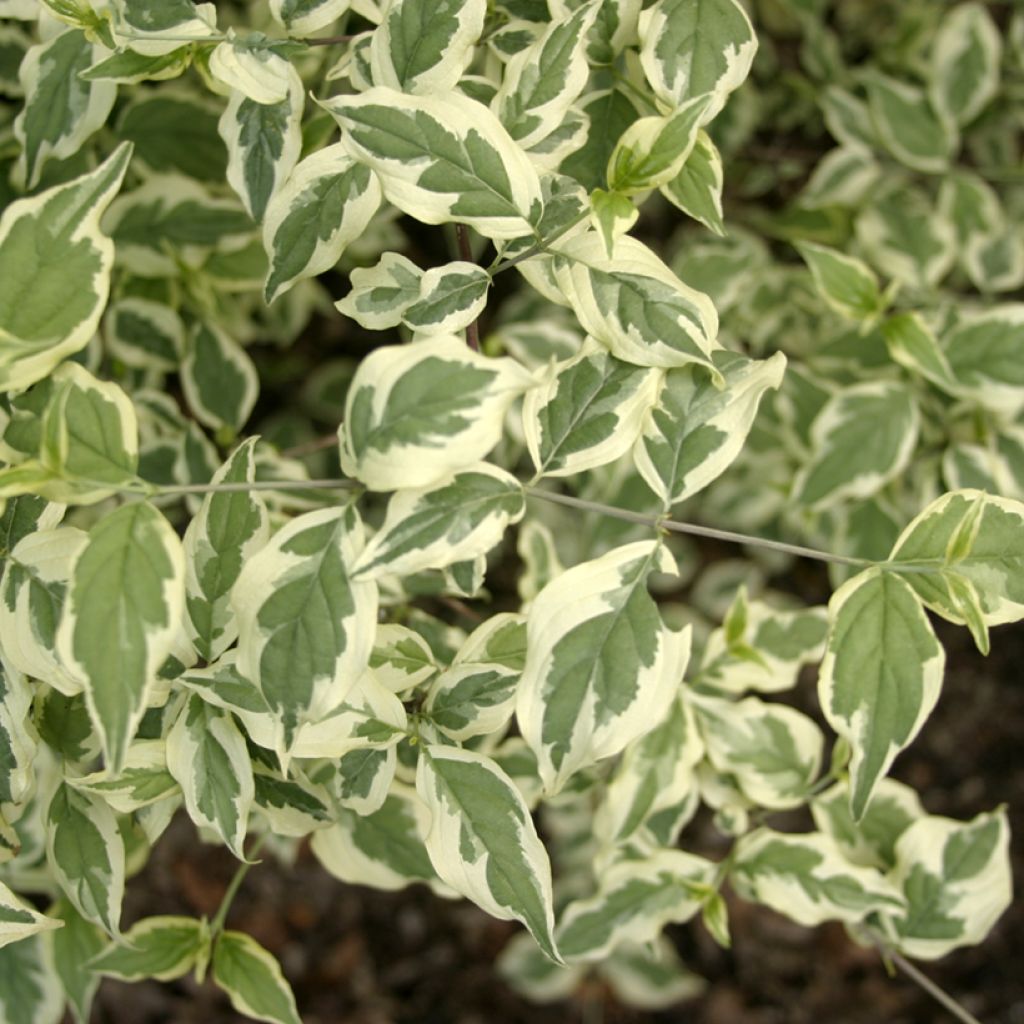

Cornus mas Variegata
Cornus mas Variegata
Cornus mas Variegata
Cornelian Cherry, European Cornel
Special offer!
Receive a €20 voucher for any order over €90 (excluding delivery costs, credit notes, and plastic-free options)!
1- Add your favorite plants to your cart.
2- Once you have reached €90, confirm your order (you can even choose the delivery date!).
3- As soon as your order is shipped, you will receive an email containing your voucher code, valid for 3 months (90 days).
Your voucher is unique and can only be used once, for any order with a minimum value of €20, excluding delivery costs.
Can be combined with other current offers, non-divisible and non-refundable.
Why not try an alternative variety in stock?
View all →This plant carries a 24 months recovery warranty
More information
We guarantee the quality of our plants for a full growing cycle, and will replace at our expense any plant that fails to recover under normal climatic and planting conditions.
Would this plant suit my garden?
Set up your Plantfit profile →
Description
Cornus mas 'Variegata' is a variegated form of the male dogwood that is particularly elegant, ideal for adding a touch of charm to a large informal hedge or in a grove. This small tree or large bush with a wide habit offers decorative and nectar-rich yellow flowers from the end of winter, followed by small edible bright red berries. The male dogwood is easy to grow: it withstands harsh winters, hot summers and limestone soils!
Native to Europe, the male dogwood is a native shrub. Like all Cornus, it belongs to the Cornaceae family. It is a large bush that reaches a height ranging from 3 to 5 metres at maturity, with an equal width. It thrives in sunlight and is undemanding: it grows very well in limestone, ordinary, or even poor soil, but also tolerates slightly more acidic soils. The Cornus mas is also known for its dense and very hard wood which was once used to make arrows, javelins, tool handles or walking sticks.
Cornus mas 'Variegata' differs mainly by its green leaves bordered with cream white. Its bright yellow flowers appear before the leaves in February-March, in the form of numerous small umbels and withstand frost. Its deciduous leaves are ovate, 4 to 10 cm long, and arranged opposite each other on its square-sectioned branches. They are slightly wavy and strongly veined. In September, this variety bears bright red fruits called drupes, the size of an olive. They are edible with a more or less acidic or sweet taste and are consumed when soft.
In the kitchen:
Dogberries are naturally rich in vitamin C, minerals, and pectin. They can be eaten raw or dried, similar to goji berries, but can also be cooked. They are used in compotes mixed with cranberries and pears to accompany game. They can be frozen. These fruits also make a delicious syrup with a high vitamin content. They have been used for centuries to make jams, jellies, and compotes. It is usually necessary to add some sugar.
In the garden: The variegated male dogwood is an easy shrub to use in the garden. It tolerates pruning and can be planted as an informal or trimmed hedge, or even as a standalone plant. It pairs perfectly with other small trees or large shrubs with early spring flowering, such as the Korean white Forsythia or the Winter sweet. Ornamental, it also has a real ecological interest: its early flowering provides food for the first bees and other pollinators, and its fruits are loved by birds. The Cornus mas species is protected in some areas.
Report an error about the product description
Cornus mas Variegata in pictures
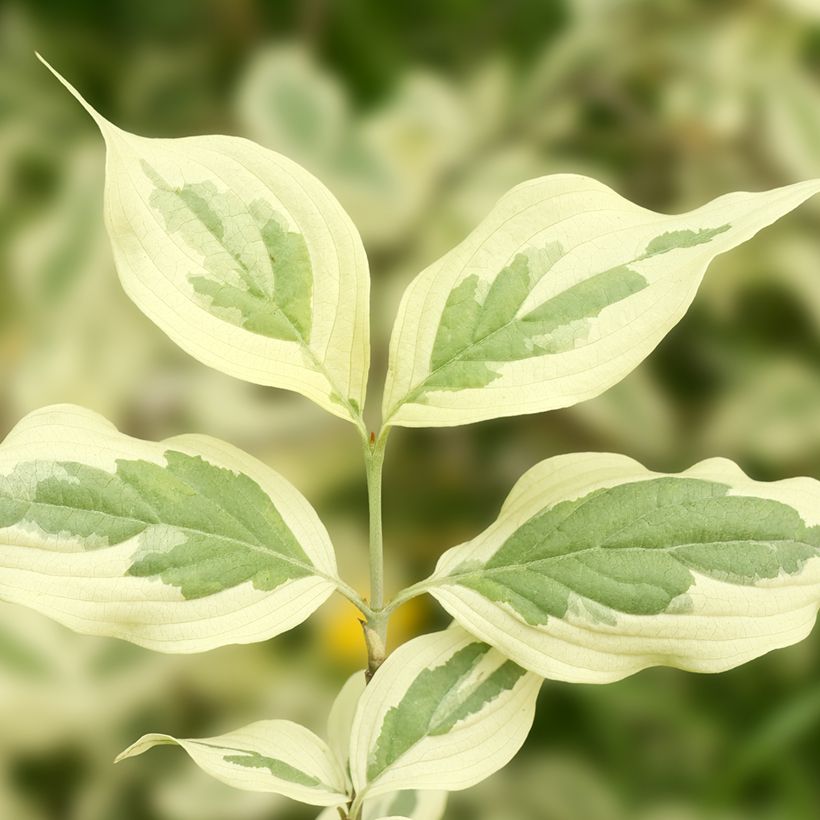



Plant habit
Flowering
Foliage
Botanical data
Cornus
mas
Variegata
Cornaceae
Cornelian Cherry, European Cornel
Western Europe
Other Cornus
View all →Planting and care
The 'Variegata' male Cornelian cherry tree likes sunny to semi-shaded situations. It is undemanding, satisfied with ordinary, deep soil, even limestone and quite dry in summer. Plant it in a mixture of horticultural compost and garden soil enriched with an organic fertoliser, such as crushed horn. In winter, make sure to avoid stagnant water by planting it in well-drained soil. Its great hardiness allows it to withstand temperatures down to at least -20°C. Fruit varieties should not lack water when the fruits swell.
Pruning of the Cornus mas is not necessary but can be done at the end of winter, before the vegetation resumes, to shape the bush or remove dead or diseased wood. It is not very susceptible to diseases and very easy to cultivate.
Planting period
Intended location
Care
This item has not been reviewed yet - be the first to leave a review about it.
Similar products
Haven't found what you were looking for?
Hardiness is the lowest winter temperature a plant can endure without suffering serious damage or even dying. However, hardiness is affected by location (a sheltered area, such as a patio), protection (winter cover) and soil type (hardiness is improved by well-drained soil).

Photo Sharing Terms & Conditions
In order to encourage gardeners to interact and share their experiences, Promesse de fleurs offers various media enabling content to be uploaded onto its Site - in particular via the ‘Photo sharing’ module.
The User agrees to refrain from:
- Posting any content that is illegal, prejudicial, insulting, racist, inciteful to hatred, revisionist, contrary to public decency, that infringes on privacy or on the privacy rights of third parties, in particular the publicity rights of persons and goods, intellectual property rights, or the right to privacy.
- Submitting content on behalf of a third party;
- Impersonate the identity of a third party and/or publish any personal information about a third party;
In general, the User undertakes to refrain from any unethical behaviour.
All Content (in particular text, comments, files, images, photos, videos, creative works, etc.), which may be subject to property or intellectual property rights, image or other private rights, shall remain the property of the User, subject to the limited rights granted by the terms of the licence granted by Promesse de fleurs as stated below. Users are at liberty to publish or not to publish such Content on the Site, notably via the ‘Photo Sharing’ facility, and accept that this Content shall be made public and freely accessible, notably on the Internet.
Users further acknowledge, undertake to have ,and guarantee that they hold all necessary rights and permissions to publish such material on the Site, in particular with regard to the legislation in force pertaining to any privacy, property, intellectual property, image, or contractual rights, or rights of any other nature. By publishing such Content on the Site, Users acknowledge accepting full liability as publishers of the Content within the meaning of the law, and grant Promesse de fleurs, free of charge, an inclusive, worldwide licence for the said Content for the entire duration of its publication, including all reproduction, representation, up/downloading, displaying, performing, transmission, and storage rights.
Users also grant permission for their name to be linked to the Content and accept that this link may not always be made available.
By engaging in posting material, Users consent to their Content becoming automatically accessible on the Internet, in particular on other sites and/or blogs and/or web pages of the Promesse de fleurs site, including in particular social pages and the Promesse de fleurs catalogue.
Users may secure the removal of entrusted content free of charge by issuing a simple request via our contact form.
The flowering period indicated on our website applies to countries and regions located in USDA zone 8 (France, the United Kingdom, Ireland, the Netherlands, etc.)
It will vary according to where you live:
- In zones 9 to 10 (Italy, Spain, Greece, etc.), flowering will occur about 2 to 4 weeks earlier.
- In zones 6 to 7 (Germany, Poland, Slovenia, and lower mountainous regions), flowering will be delayed by 2 to 3 weeks.
- In zone 5 (Central Europe, Scandinavia), blooming will be delayed by 3 to 5 weeks.
In temperate climates, pruning of spring-flowering shrubs (forsythia, spireas, etc.) should be done just after flowering.
Pruning of summer-flowering shrubs (Indian Lilac, Perovskia, etc.) can be done in winter or spring.
In cold regions as well as with frost-sensitive plants, avoid pruning too early when severe frosts may still occur.
The planting period indicated on our website applies to countries and regions located in USDA zone 8 (France, United Kingdom, Ireland, Netherlands).
It will vary according to where you live:
- In Mediterranean zones (Marseille, Madrid, Milan, etc.), autumn and winter are the best planting periods.
- In continental zones (Strasbourg, Munich, Vienna, etc.), delay planting by 2 to 3 weeks in spring and bring it forward by 2 to 4 weeks in autumn.
- In mountainous regions (the Alps, Pyrenees, Carpathians, etc.), it is best to plant in late spring (May-June) or late summer (August-September).
The harvesting period indicated on our website applies to countries and regions in USDA zone 8 (France, England, Ireland, the Netherlands).
In colder areas (Scandinavia, Poland, Austria...) fruit and vegetable harvests are likely to be delayed by 3-4 weeks.
In warmer areas (Italy, Spain, Greece, etc.), harvesting will probably take place earlier, depending on weather conditions.
The sowing periods indicated on our website apply to countries and regions within USDA Zone 8 (France, UK, Ireland, Netherlands).
In colder areas (Scandinavia, Poland, Austria...), delay any outdoor sowing by 3-4 weeks, or sow under glass.
In warmer climes (Italy, Spain, Greece, etc.), bring outdoor sowing forward by a few weeks.






























